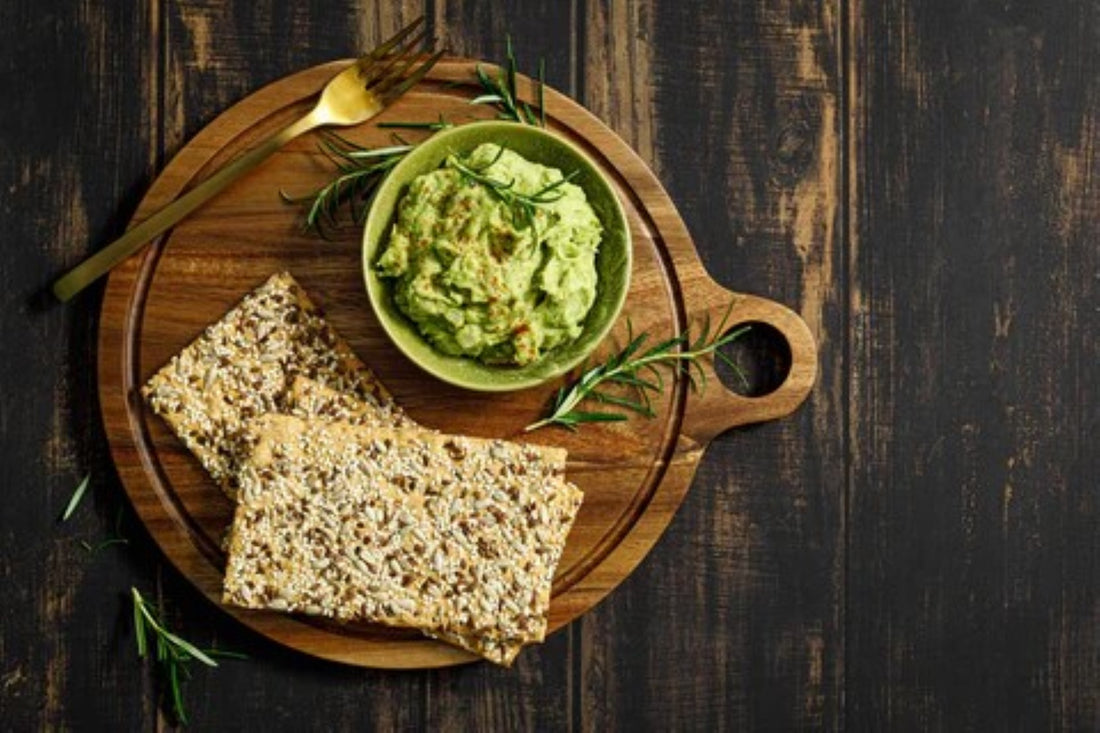
In the quest for the perfect physique, athletes and fitness enthusiasts often debate the pros and cons of soy protein versus whey protein for muscle building. The choice can seem daunting, given the myriad information available. This article aims to provide a definitive comparison to help you make an informed decision. So, if you are striving to pack on lean muscle mass, read on to uncover which protein reigns supreme.
The Basics of Protein
Protein is an essential macronutrient that plays a crucial role in muscle repair, recovery, and growth. Both soy and whey proteins offer a concentrated source of this vital nutrient, but their sources, compositions, and benefits differ significantly.
What is Whey Protein?
Whey protein is derived from cow's milk during the cheese-making process. It is a complete protein, containing all nine essential amino acids necessary for muscle synthesis. Among its types—whey concentrate, whey isolate, and whey hydrolysate—whey isolate is the most popular due to its high protein content and minimal lactose.
What is Soy Protein?
Soy protein comes from soybeans and is also a complete protein. It is an excellent choice for vegetarians, vegans, and those with lactose intolerance. Available as soy protein concentrate and soy protein isolate, it has been a dietary staple in Asian countries for centuries.
Nutritional Comparison
Both proteins have their unique nutritional profiles:
- Whey Protein: Rich in branched-chain amino acids (BCAAs) like leucine, which directly stimulates muscle protein synthesis.
- Soy Protein: Contains phytoestrogens like isoflavones, which have antioxidant properties but also affect hormone levels.
Bioavailability and Absorption
Bioavailability is a key factor in how effectively your body can use a protein source.
- Whey Protein: High bioavailability means faster absorption and quick delivery of amino acids to muscles, making it ideal for post-workout recovery.
- Soy Protein: Moderate bioavailability translates to slower digestion, providing a more prolonged release of amino acids.
Muscle Building Efficacy
One of the main goals when choosing a protein supplement is its effectiveness in muscle building.
Whey Protein for Muscle Gains
Whey protein is considered the gold standard for muscle growth. Its high leucine content and rapid absorption make it an excellent choice for maximizing protein synthesis post-exercise.
Soy Protein for Muscle Gains
While soy protein may not be as potent as whey in stimulating muscle growth, it still offers a viable alternative. Studies have shown that soy protein can support muscle development, particularly when combined with resistance training.

Health Considerations
Different health factors may influence your choice between soy and whey proteins.
Allergies and Intolerances
- Whey Protein: May not be suitable for those who are lactose intolerant or have milk allergies.
- Soy Protein: Generally well-tolerated but may not suit those with soy allergies.
Hormonal Impact
- Whey Protein: Has minimal impact on hormone levels, making it a safer choice for most people.
- Soy Protein: Contains phytoestrogens that may affect hormone levels, particularly estradiol.
Environmental Impact
For the environmentally conscious, the source of your protein can play a role in your decision.
- Whey Protein: Animal-based, contributing to a larger carbon footprint.
- Soy Protein: Plant-based, generally considered more sustainable and eco-friendly.
Which Protein Should You Choose?
Your choice between soy protein and whey protein for muscle building ultimately depends on your specific needs and goals:
- For Maximum Muscle Growth: Whey protein is recommended due to its rapid absorption and high leucine content.
- For a Plant-Based Diet: Soy protein offers a compelling alternative, especially if you are vegan or lactose intolerant.
- For Hormonal Considerations: Opt for whey protein to avoid potential hormonal disruptions from soy's phytoestrogens.
- For Sustainability: Soy protein is generally more eco-friendly and sustainable.
The Final Verdict
While the debate of soy protein vs whey protein for muscle building will likely continue, the best choice depends on individual preferences, dietary restrictions, and specific fitness goals. By understanding the unique benefits and drawbacks of each, you can make an informed decision that best suits your journey to optimal health and fitness.
Now that you have a clear understanding of both proteins, which will you choose for your next workout?
Whatever your choice, ensuring adequate protein intake is crucial for muscle growth and overall health. Always consult a healthcare provider or a registered dietitian to tailor your protein intake to your specific needs.
In the end, whether you go for soy or whey, consistency and hard work in your training regimen will be the true drivers of your muscle-building success.
Happy lifting!




















